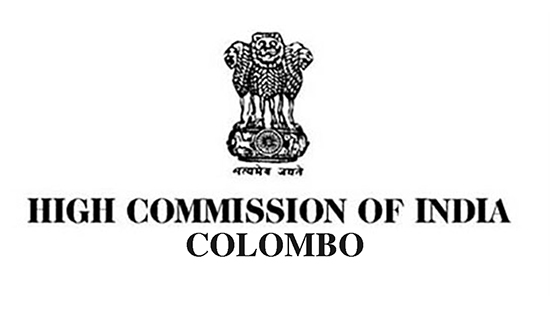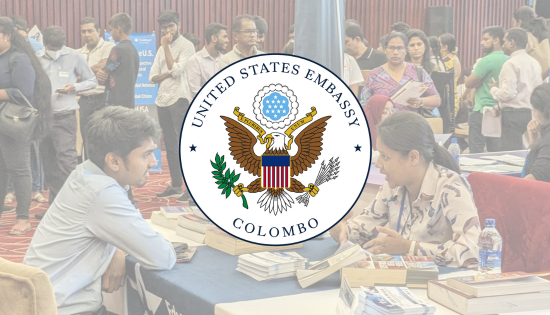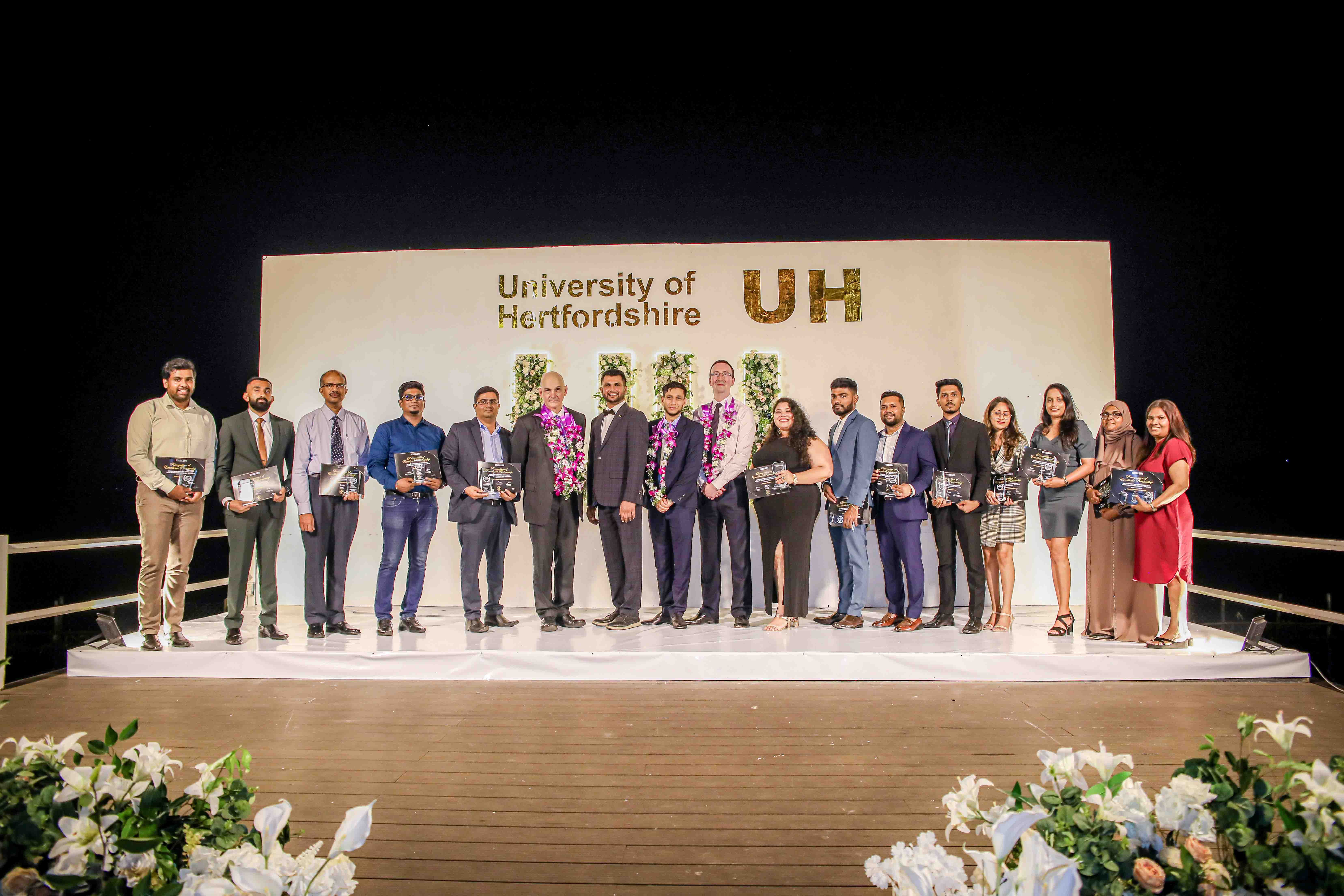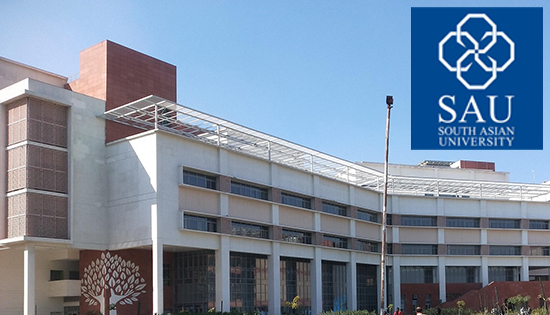Accreditation and Certification: Why They Matter in Higher Education
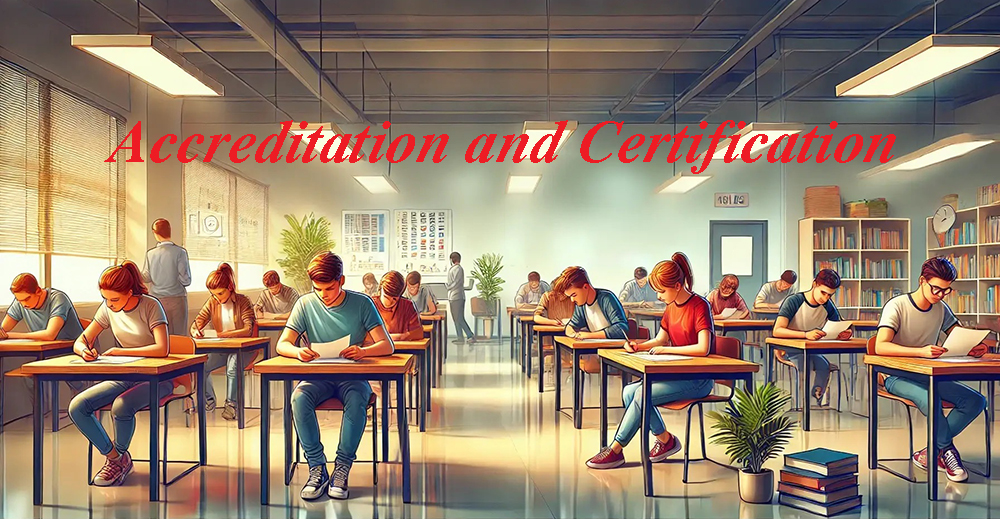
When it comes to higher education, especially for students planning to study abroad or enroll in professional programs, understanding accreditation and certification is essential. These terms are often confused, but they have distinct meanings and play different roles in ensuring the quality of education and skills development.
What is Accreditation?
Accreditation is a process in which an independent organization evaluates an educational institution or program to ensure it meets specific quality standards. This process guarantees that the institution provides a recognized and reliable education. For example, universities or colleges are typically accredited by national or international bodies, which gives students confidence that the institution is legitimate and the qualifications they earn are widely accepted.
Examples of Accreditation:
- The University Grants Commission (UGC) in Sri Lanka accredits higher education institutions to confirm they meet the country’s academic standards.
- ABET Accreditation is given to engineering and technology programs worldwide, ensuring they meet global quality standards.
What is Certification?
Certification, on the other hand, refers to a process where an individual’s skills, knowledge, or qualifications are validated against specific criteria, often by passing an exam or completing a course. Certifications are typically awarded by professional bodies or organizations to prove expertise in a particular area.
Examples of Certification:
- Microsoft Certified Professional (MCP): A globally recognized certification for IT professionals who demonstrate their skills in Microsoft technologies.
- IELTS Certification: A widely accepted English language test for students and professionals, certifying their language proficiency.
Why Should We Check for Accreditation and Certification?
For parents and students in Sri Lanka, verifying accreditation and certification is crucial before selecting an institution or program. Here’s why:
- Assurance of Quality: Accredited institutions and certified programs guarantee that students receive quality education and training that meet recognized standards.
- Global Recognition: An accredited degree or certification is more likely to be accepted by employers and universities around the world.
- Avoiding Fraud: With the rise of unrecognized institutions and fake certifications, checking for accreditation and certification helps protect students from wasting money and time on substandard education.
How to Verify Accreditation and Certification?
- Visit the official website of the accrediting body or certification provider to confirm their legitimacy.
- Check if the institution or program is listed on trusted databases such as UGC in Sri Lanka or international accreditation directories.
- Speak with representatives from the institution and request documentation of their accreditation or certification.
Accreditation ensures that an institution or program is trustworthy, while certification validates individual skills and qualifications. As higher education seekers and parents, being informed about these processes can help you make better decisions for a brighter future. Always take the time to research and verify these details to ensure the education and training you invest in is of genuine value.
Related News
Master’s Degree any student can do and they are in High Demand
In today's rapidly evolving global job market, Sri Lankan students have a unique opportunity to enhance their career prospects by pursuing master's…
Read MoreSouth Asian University (SAU), New Delhi Expands Academic Offerings and Opens Admissions for 2025-26
South Asian University (SAU), established with the vision of "Knowledge Without Borders," has announced the commencement of admissions for the 2025-26 academic…
Read MoreSLIIT celebrates academic excellence at the March 2025 Convocation
SLIIT, recognized as Sri Lanka’s No. 1 Non-State University, standing 3rd nationwide in Times Higher Education World University Rankings 2025, successfully concluded…
Read MoreTake the Next Step in Your Academic Career with SLIIT’s MPhil & PhD
SLIIT Business School is now accepting applications from students and professionals looking to pursue their research and career ambitions through the prestigious…
Read MoreTAFE vs University, which is the Better Choice for Studying in Australia?
Navigating the educational landscape in Australia presents a pivotal decision for aspiring students, particularly those from Sri Lanka seeking to enhance their…
Read MoreCourses
-

IMC – Bachelor of Psychology
IMC Education Overview IMC Campus in partnership with Lincoln University College (LUC) Malaysia offers Bachelor of Psychology Degree right here in Sri… -

ANC – BA (Hons) International Business Management (Top-Up)
ANC Education Overview Designed in partnership with public and private business organizations, this program develops one’s ability to critically evaluate business models… -

IIT – BSc (Hons) Computer Science
IIT Campus Overview BSc (Hons) Computer Science provides a solid foundation and training regarding the fundamentals of the computer science field, along… -

APIIT – BSc (Hons) Cyber Security
APIIT Sri Lanka Overview Our BSc (Hons) Cyber Security award is designed to launch your future career in the protection of software… -

ICBS – BSC (Hons) Business Management with Marketing Management
ICBS Overview The BSc (Hons) Business Management with Marketing program, awarded by Queen Margaret University (QMU), is a highly regarded degree that… -

UTS – Diploma of Science
UTS College Sri Lanka Overview The Diploma of Science is designed to empower you to apply scientific thinking and analysis to important… -

CSA – Master of Architecture and Environmental Design
City School of Architecture Overview The Master of Architecture and Environmental Design Degree at CSA is awarded by the University of the… -

APIIT – BSc (Hons) International Business Management
APIIT Sri Lanka Overview Increasingly businesses are becoming more and more international. This requires business management professionals to have knowledge, skills and… -

IIT – BSc (Hons) Artificial Intelligence And Data Science
IIT Campus Overview The BSc (Hons) Artificial Intelligence and Data Science course is awarded by Robert Gordon University (RGU) in the UK… -

ICBS – International Degree Foundation in Business / IT
ICBS Overview The Scottish Qualification Authority (SQA) is a globally recognized organization dedicated to education and qualification development. SQA is responsible for… -

APIIT – BA (Hons) Finance and Business Enterprise
APIIT Sri Lanka Overview Finance and accounting are no longer just about taxation and the management of financial capital. This award will… -

APIIT – MBA General
APIIT Sri Lanka Overview The MBA is awarded by Staffordshire University, UK. This award is an advanced course of study in management… -

ANC – LLM in International Business & Commercial Law
ANC Education Overview This course is designed for graduates of law, business and finance in a legal or a corporate job role… -

AOD – BA (Hons) Fashion Design and Marketing
Academy of Design Overview The syllabus is from the UK’s Northumbria University, as one of their most revered flagship programmes and is… -

APIIT – MSc. Marketing Management
APIIT Sri Lanka Overview This MSc Marketing Management degree – awarded by Staffordshire University, UK is an advanced course of study in…
Newswire
-

Former NC CM S.M. Ranjith sentenced to 16 years in prison
ON: April 2, 2025 -

Solar tariff : Energy developers slam tariff cuts, warn Govt
ON: April 2, 2025 -

A new drug makes your blood toxic to mosquitoes
ON: April 2, 2025 -

US Senator Cory Booker breaks record with 25-hour speech against Trump
ON: April 2, 2025 -

Weather today : Heavy showers expected across Sri Lanka
ON: April 2, 2025


